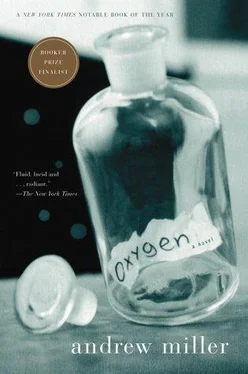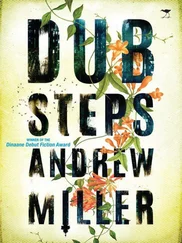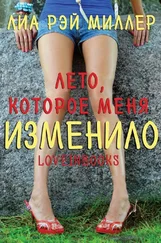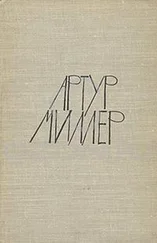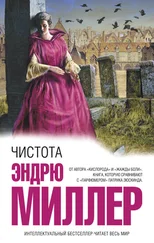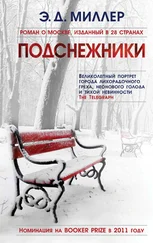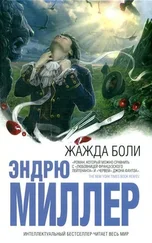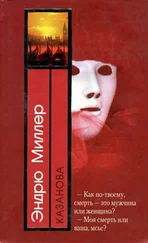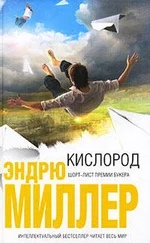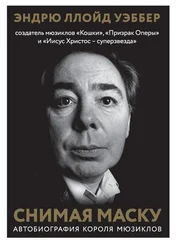‘Jancsi was on Villanyi Ut when the tanks came. He lived for an hour. We didn’t even have a coffin for him…’
‘We found Éva by Szabadsag bridge. She was sixteen. She still had the gun in her hand. Someone had covered her face with a coat…’
‘Ádám was at school with me. We started work at Egyesült Izzó electrical plant on the same day. They arrested him in December at his uncle’s house. We never saw him again…’
At various points in the afternoon, László, who had intended to stay for half an hour, shake a few hands and get out before someone started reciting poetry, found himself embracing strangers who were now not strangers at all. A lawyer who had practised for thirty years on the boulevard Beaumarchais. A woman who had come up from Lille and who wore a Hermes scarf that did not quite hide the scar on her neck. A little silvery-haired fellow with a limp who worked as a mechanic in the Eleventh (he gave László a business card), and who made them laugh with his story about the Viennese woman who had given him two oranges at the refugee camp, and how he had carefully hidden one, not believing that such riches would ever come his way again. Many like that, until, under the weight of so much reminiscence, so much Palika brandy, László had at last told his own story, the story of Péter Kosáry. As he spoke he dried his face with the sleeve of his jacket, while the little mechanic who was listening to him – confessing him – had wept too, such was the largeness of spirit there among the flummery of the banqueting room, and he had hushed László (who was in danger of giving way to some kind of attack, an hysteria), saying, ‘No, no, my friend, you could not have saved him. You could not have saved him or you would have done it.’
But the logic of the answer did not comfort László, and through the following weeks, as the streets acquired their strings of Christmas lights, and Kurt decorated the apartment with evergreen and wrote out greeting cards, László had found himself traversing the immense grey fields of depression. He slept for fourteen, fifteen hours at a stretch. He had sweating fits and panic attacks, a particularly nasty one in the Métro at Odéon, so that he had to be helped from the station by a kindly tourist. Alarmed, Kurt arranged an appointment with Dr Ourahm, a consultant at the Salpêtrière, and László allowed the good doctor to take his blood pressure and shine a light into every orifice and listen for a full minute to the stutter of his heart, and finally to present him with a bill for two hundred and fifty francs and a prescription for Prozac. László paid the bill but dropped the prescription into the first bin he came to on the boulevard de l'Hôpital. He did not believe that pills could ever be the cure for those moments when life entered you with a loss you can never be reconciled to. But for Kurt’s sake he had forced himself to get up in the mornings and sit a few hours at his desk, and by acting like a normal man, one who was neither overly cheerful nor dangerously unhappy, he had discovered a certain peace of mind, and even a certain optimism that had teased him with the thought that it wasn’t all over yet, that his life, even now – perhaps especially now – might catch him unawares and show him the gate into a garden he had never walked in before, and where, as in the conclusion of a really satisfying story, everything would suddenly be forgiven. It was absurd, of course, but still…
He heard the toilet flush and glanced at his watch. One-twenty. It was time to start his own preparations for bed, but the remaining candle, what was left of it, the flame teetering on the wick, seemed to mesmerize him, so that he did not hear Kurt, on light feet, cross the corridor and lean into the room and remain there a few moments, looking with tenderness and concern at his lover’s back, and listening to him interrogate the air with a name he had sighed in his sleep for months.
TB lived in a modest building with a fake stucco frontage opposite a Domino pizza store in the heart of the San Fernando Valley. In the porch, Larry was greeted by a plump, conservatively dressed American matron. She had recently had her hair done and it shone at the tips with the weird blue of a food colourant.
‘Oh my God!’ she cried. ‘Oh my God! It’s Dr Barry!’
‘Delighted,’ said Larry, slipping into the doctor’s clipped anglicisms, an accent as bogus as T. Bone’s. He shook her hand. Was this Mrs Bone? He decided to follow Ranch’s example and call her Betty.
‘It’s like having Dr Barry in the house!’ she shrieked, leading him into the hacienda-style lounge and doing a mime of disbelief involving bracelets and fat brown arms. Ranch went to the bar and took down half a dozen bottles of liquor and a steel cocktail shaker, while Betty put out bowls of nuts and pretzels. On the whitewash walls of the room were inexpensive reproductions of eighteenth-century English paintings – Constable, Gainsborough, Reynolds – and a large framed award from the Institute of Adult Entertainment, the Blue Ribbon Award, for twenty-five thousand sales of a work called Lap Attack!
Larry wedged himself into a little chintz-upholstered armchair, wondering where the Jewish child he had met on the plane was, and hoping that she was happy in the arms of her father and would not grow up to resemble any of the people he was now in the room with, himself included. From somewhere out of sight came the sounds of an afternoon soap opera, a woman’s voice wailing, ‘You promised me! You promised!’
‘Is there a telephone I could use?’ he asked. ‘There’s a call I should make. Mother’s a bit poorly.’
‘Why, that’s just charming,’ said Betty. ‘You’re a good son, Larry. We have boys too, you know. Harold and John. They’re in business in Miami.’ She pointed to a row of elaborately framed photographs on top of the shiny black back of a Japanese piano. Grinning boys with crew cuts. Frizzy-haired teenagers leaning against an old Chevrolet. A wedding picture with one of the boys, Harold or John, beside an overdressed, utterly anonymous young woman. The pictures stood in the shade of a tall vase of exotic white flowers. The impression was of a shrine to the dead.
‘The Sunshine State,’ she said, and she went to the photographs and made imperceptible adjustments to the angles of the frames. Ranch put an arm around her shoulders and kissed her cheek with a loud smacking noise.
‘Betty’s the best.’
Larry nodded. The last of the dangerous drinks was beginning to take effect and seemed to be numbing out certain nerve endings in his spine. If the Thunderbird had been outside he would have excused himself and driven away before this gathering, this little ship of fools, sailed any farther into the grotesque. But the car was not there and he needed twenty thousand dollars or there would be no car, and not too far in the future, perhaps, no family to drive back to.
Ranch tapped him on the shoulder. ‘How about a tour of the studio before we eat? You up for that?’
‘I most certainly am,’ boomed Larry, in the magisterial voice of the doctor. Betty squealed with delight, while T. Bone, stretched out on a recliner chair, the demiurge on his leather cloud, smiled beatifically, and made certain weary movements with his hand, as though blessing them.
Larry trailed Ranch across the drive to the garage. The air temperature had reached into the eighties, and the light, surrounded by shadows of impenetrable blue, trembled on the corners of windows, on hub-caps, even on the white flowers of the jasmine that had twined high around the drainpipe at the corner of the house. In the bathroom of 2714, Ranch had been favourably impressed by Larry’s still-athletic physique. He was softer than he had been, of course, was beginning to round out, so that in a few years, he thought, he would start to look almost womanly, but his body, despite his increasingly attritional lifestyle, had remained astonishingly loyal. He had depended on it so long, the excellent physical basis of himself, that it was hard to imagine how he would continue if it should fail him. He dreamed sometimes of a catastrophic collapse, some disaster like the amputation of a leg, or face cancer, or elephantitis. He did not believe he was someone who could ‘deal’ with such an event, the type who would ever be ennobled by suffering. At thirty-six (was this not one of the defining neuroses of the age?) he had begun to fear getting old, and could not share Kirsty’s vision of benign elders dispensing wisdom to the young and pottering around, glamorously weathered, like Fonda and Hepburn. He thought he would make a wretched old man. But he also wondered whether he might not be a completely different person at fifty-five or sixty, and that what seemed so complicated now, the great Rubik’s cube of moral dilemmas, might, from the top floor of his life, seem to have been nothing but the fruit of a temporary confusion, and that he had spent his prime like one of those circus clowns who, on all fours, can give the impression of two midgets wrestling together.
Читать дальше
